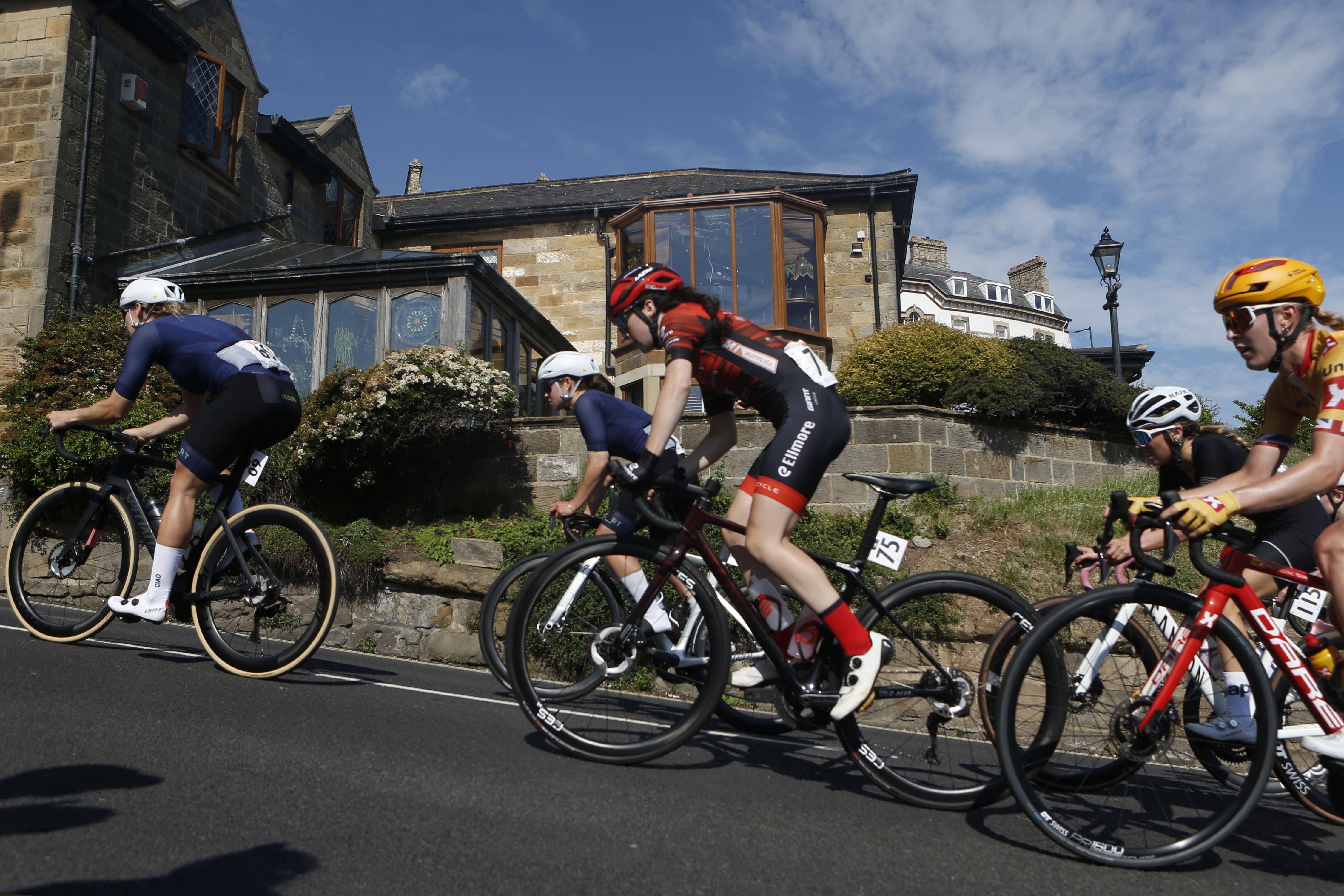These are the women making waves in the cycling world
As the Tour de France Femmes begins, here’s who you need to know about, and the rich history of the sport. By Imy Brighty-Potts.

With the Tour de France Femmes kicking off on July 23 for a week of thrills, cycling and entertainment, it will also be highlighting the women making this sport what it is.
In its second official year as the Tour de France Femmes, races of this calibre have happened in the past, but never on such a global stage.
So, what is happening in the women’s cycling scene, how did we get here, and why does it matter?
The women changing the gameWomen are working hard to bring the sport to people of all backgrounds.
“The Amy D Foundation, Black Girls Do Bike, Get Women Cycling and Little Bella’s are all fantastic organisations, helping and encouraging women – and young girls – to get into cycling in spite of age, race and background,” explains triathlon cyclist Kate Dunbar.
This year’s Tour de France Femmes will have a determined line-up of women championing the sport. Who should we look out for?
“Annemiek van Vleuten was a fantastic contender in 2022, and I expect her to do well again this year. It’s her final year ahead of retirement, so she will want to do well,” says Dunbar.
“The course this year is suited to van Vleuten’s skill set and she will have a stronger Movistar team to support this target, including Sarah Gigante and Liane Lippert.”
A growing sportThere has, in recent years, been a marked increase in the interest of this sport.
“There is, without a doubt, a rising interest in women’s cycling,” says Amanda Braverman, global director of brand marketing at cycling tech brand, Hammerhead.
“With more events geared towards women’s cycling and growing viewership in the Tour de France Femmes year on year, we’re seeing measurable gains in both interest and access to the sport.”
“But we can’t ignore the fact that The Women’s Tour in the UK was cancelled, even though sponsors saw a huge return on investment in 2022, and the Women’s World Tour race Vårgårda, West Sweden was cancelled permanently after 25 years,” says Dunbar.
“Even though we are seeing bigger efforts from organisations and the industry as a whole, as with most women’s sports, the Tour De France women’s tournament is still vastly overshadowed by the men’s – we still need more support and encouragement to boost women’s cycling,” she stresses.
Cycling as a tool for liberation
There is an important link between cycling and women’s liberation, that goes back a long way, beyond racing, to basic transportation.
“It gave women social mobility and allowed them to travel faster and further than ever before. They could cycle further for work opportunities, and it also advanced fashion, as women needed cycling-suitable clothing. It allowed women to take control of their fitness and health in an easy way,” says Dunbar.
Women’s cycling also subverted norms.
“Cycling challenged femininity in the late 19th century, and bicycles were used heavily to support the English suffragettes movement. The bicycle became – and to this day remains – a symbol and a tool of female empowerment, independence, freedom and opportunity,” says Braverman.
Trailblazers
Some hugely inspiring women came before today’s Tour de France Femmes stars.
“Some of the first women to get involved in cycling were true trailblazers, cycling as early as the late 1800s,” says Braverman.
“Montreal-based Louise Armaindo raced on the high wheel, also known as the penny-farthing, which was much more dangerous than the modern bicycle. Armaindo set the North American long-distance record in 1872, and was praised as “the champion female bicycle rider of the world”.
She also credits ‘The Big Five’ – Lizzie Glaw, Helen Baldwin, May Allen, Tillie Anderson, and Dottie Farnsworth – an influential group of female cyclists who raced in the 1890s, fitting their racing careers into busy lives that often included their families and other jobs.
Today, there’s no denying defending champion van Vleuten leads the modern ‘big five’, but who else will be in the mix? Lorena Wiebes is likely to have another great first stage, Elisa Longo Borghini will give it her best shot, alongside the phenomenal Demi Vollering, and maybe Juliette Labous will make even more progress this year. Whatever happens, we are surely in for an exciting week of women’s sport.